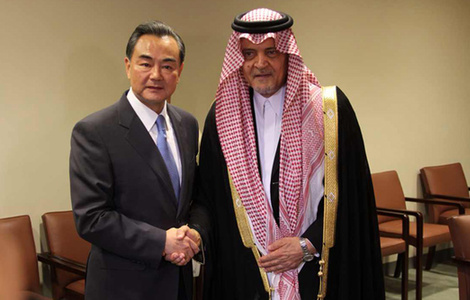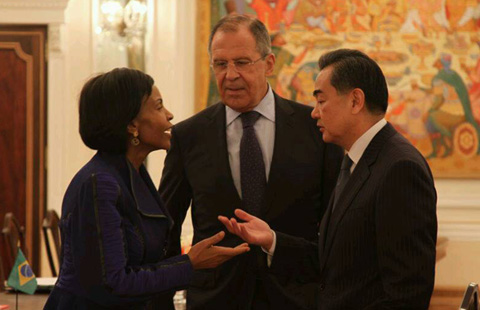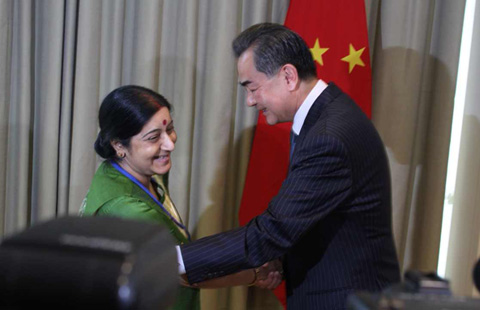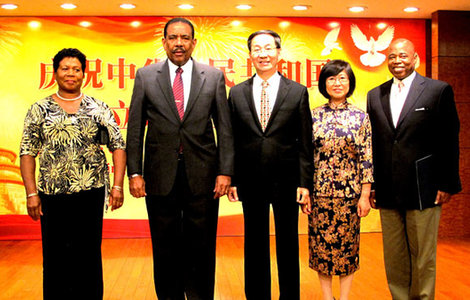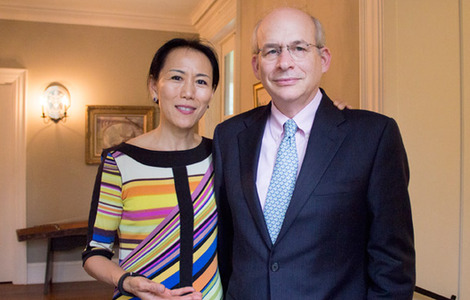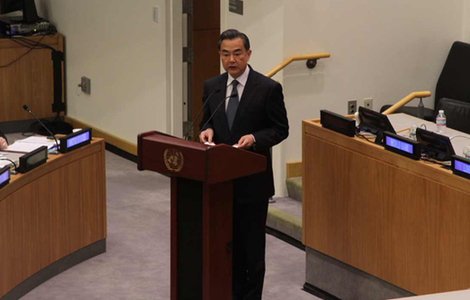Australia to reintroduce visas for refugees
Updated: 2014-09-25 11:54
(Agencies)
|
|||||||||
 |
| Australia to offer refuge to Iraqi Christians, Yazidis |
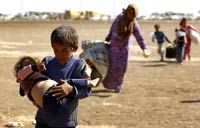 |
| Over 130,000 Syrian refugees cross into Turkey over weekend |
Conservative Prime Minister Tony Abbott won an election last September after campaigning on tough immigration policies, which have been criticized internationally but which polls show remain popular with voters.
Australia uses offshore detention centres in Papua New Guinea and the tiny South Pacific island nation of Nauru to process would-be refugees who arrive on boats, but some 30,000 who arrived before the policy was set are awaiting processing in Australian detention centres.
Immigration Minister Scott Morrison said that the Temporary Protection Visas (TPV), which were introduced under former Prime Minister John Howard and abolished in 2008, would address those people without providing inducements to people smugglers.
"TPVs will provide refugees with stability and a chance to get on with their lives, while at the same time guaranteeing that people smugglers do not have a 'permanent protection visa product' to sell to those who are thinking of travelling illegally to Australia," he told reporters.
The opposition Labor Party said it opposed temporary protection visas as leaving asylum seekers in limbo without a pathway to citizenship, but would study the proposed legislation.
Morrison said a deal had been reached with mining magnate Clive Palmer, whose Palmer United Party virtually controls the balance of power in the Senate, which nearly ensures its passage through Parliament.
About 16,000 asylum seekers came to Australia on 220 boats in the first seven months of 2013, but the government says there has been just one "illegal" boat arrival since December. Hundreds of asylum seekers have drowned when rickety boats, mostly from Indonesia, have sunk en route in recent years.
Under the legislation, Palmer said that refugees would be allowed into Australia for an initial period of five years, during which time they would be allowed to work, provided they go to a remote area in need of labourers.
"There are many areas and many communities in our country that can't get labor," Palmer said in Brisbane.
Most Viewed
Editor's Picks

|

|

|

|

|

|
Today's Top News
China and US militaries work at building trust
Biz-Tech Forum in 2nd year
National Day celebrated
FM calls for action on Ebola
A warm-up for Paris meeting
Chinese donations to US lag behind
Extra points for exam over blood donation
100,000 officials were paid though they did no work
US Weekly

|

|
